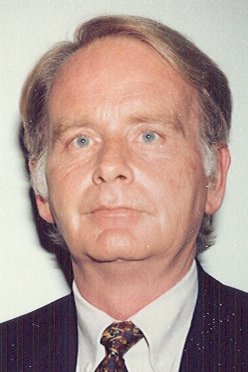Terence Anderson, born in Chicago, Illinois, USA, in 1940. J.D. at the University of Chicago. Professor of Law at the University of Miami, Coral Gables.
Fellow (1 September 1994 – 30 June 1995)
The work that I have done at NIAS can be divided into five categories. First, as part of the nucleus on Forensic Expertise, I have substantially completed a Wigmorean analysis of the judicial decisions in the three Netherlands criminal cases that constitute the agreed core for that nucleus’s work. I will continue to develop that analysis when and as further portions of the evidentiary record have been collected and translated. The nucleus expanded the scope of its work to include a more general examination of decision making in the Netherlands criminal justice system. As part of this expanded focus, the group undertook a programme of visits to review the work of institutions that contribute to that system, such as the Police College in Zutphen, the National Forensic Science Laboratory in Rijswijk, and the Pieter Baan Centre in Utrecht. In all, I participated in twelve of these institutional visits. Second, I was a co-organizer and co-coordinator of an interdisciplinary Evidence and Inference project for this year’s NIAS Fellows. I presented a preliminary analysis, under the title “Wigmore Meets `The Last Wedge’”, of the evidence and arguments relied upon by NIAS Fellow Mark Geller, an Assyriologist, to support his claim that cuneiform remained a living language until the third century A.D. Third, I continued to work on the materials for my book on the decade-long proceedings against former United States District Judge (now Congressman) Alcee L. Hastings and prepared and delivered three formal lectures and one informal presentation on historical and contemporary issues that those proceedings involved. Fourth, I delivered five lectures to various audiences using the O.J. Simpson case to illustrate different aspects of the American constitutional and criminal justice systems. Finally, the work of the nucleus studying the criminal justice system, the institutional visits, and the lectures I gave provoked a somewhat broader and more enduring interest in Netherlands legal culture than I had anticipated.
